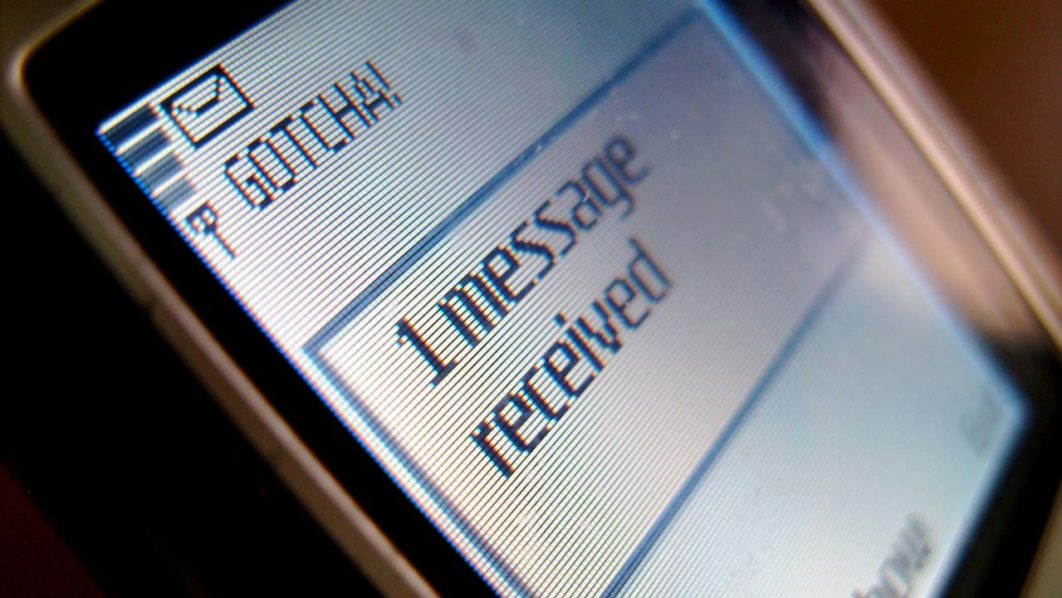
Almost 12 years after the last telecoms tariff hike, the Federal Government, yesterday, approved a new 50 per cent increment in the cost of telephony in the country.
This was announced by the Nigerian Communications Commission (NCC) in a statement signed by the Director of Public Affairs, Reuben Muoka. The implication of this, according to The Guardian checks, is that the floor (minimum acceptable) price of calls will now be N9.6 per minute from N6.40 and the ceiling (maximum acceptable) price to N75 from N50; the cost of SMS to N6 from N4; and the cost of 1GB of data to N431.25 from N287.5. The average price of calls will be N16.5 per minute from N11.
The new hike comes amid agitations by telecom operators in the last two years for an upward review of the previous tariffs, which was within the floor price of N6.40 and N50 per minute call. The operators based their agitations on the negative impact the economy is having on their operations. They lamented the impact of naira devaluation, forex instability, vandalism, theft and insecurity among others on their expansion plans, among others.
NCC, in the statement, noted that under its power under Section 108 of the Nigerian Communications Act, 2003 to regulate and approve tariff rates and charges by telecommunications operators, will be approving tariff adjustment requests by network operators in response to prevailing market conditions.
The adjustment, capped at a maximum of 50 per cent of present tariffs, though lower than the over 100 per cent requested by some network operators, was arrived at considering ongoing industry reforms that will positively influence sustainability.
These adjustments will remain within the tariff bands stipulated in the 2013 NCC Cost Study, and requests will be reviewed on a case-by-case basis as is the commission’s standard practice for tariff reviews. It will be implemented in strict adherence to the recently issued NCC Guidance on Tariff Simplification, 2024.
Tariff rates have remained static since 2013, despite the increasing costs of operation faced by operators. The approved adjustment is aimed at addressing the significant gap between operational costs and current tariffs while ensuring that the delivery of services to consumers is not compromised.
These adjustments will support the ability of operators to continue investing in infrastructure and innovation, ultimately benefiting consumers through improved services and connectivity, including better network quality, enhanced customer service, and greater coverage.
Recognising the concerns of the public, this decision was made after extensive consultations with key stakeholders across the public and private sectors. The NCC said it has prioritised striking a balance between protecting telecom consumers and ensuring the sustainability of the industry, including the thousands of indigenous vendors and suppliers, who form a critical part of the telecommunications ecosystem.
The NCC said it recognised the financial pressures faced by Nigerian households and businesses and remained deeply empathetic to the impact of tariff adjustments. To this end, the commission mandated operators to implement the adjustments transparently and in a manner that is fair to consumers. It noted that operators are also required to educate and inform the public about the new rates while demonstrating measurable improvements in service delivery.
Additionally, the NCC reaffirmed its dedication to fostering a resilient, innovative and inclusive telecommunications sector. Beyond protecting consumers, the commission’s actions are designed to ensure the long-term sustainability of the industry, support indigenous vendors and suppliers, and promote the overall growth of Nigeria’s digital economy.
As a regulator, the NCC said it will continue to engage with stakeholders to create a telecommunications environment that works for everyone; one that protects consumers, supports operators and sustains the ecosystem that drives connectivity across the nation.
Earlier in the year, the Chief Executive Officer of MTN Nigeria, Dr Karl Toriola, had disclosed that the operators wanted a 100 per cent tariff hike, but was quick to say that he was not sure the NCC would approve such.
Toriola stated major factors that contributed to the challenges of telecom operations in 2024, noting that the cost of operations of the telecoms firm now exceeded its revenue. He noted that a tariff increase would enable telecom operators to build the capacity needed to provide quality services.
More importantly, he emphasised that the operations of telecom operators were threatened by present challenges and that tariff adjustments were needed for the sector to survive.
The Federal Government acknowledged the need for tariff adjustments, while also assuring Nigerians that any increase will be moderate and not up to 100 per cent as the telcos had requested.
Speaking on the tariff increase in a recent stakeholders’ meeting with Mobile Network Operators (MNOs), Minister of Communications, Innovation and Digital Economy, Dr Bosun Tijani, said: “We want to strike the balance as a government to protect our people, but also protect and ensure that these companies can continue to invest significantly.”






